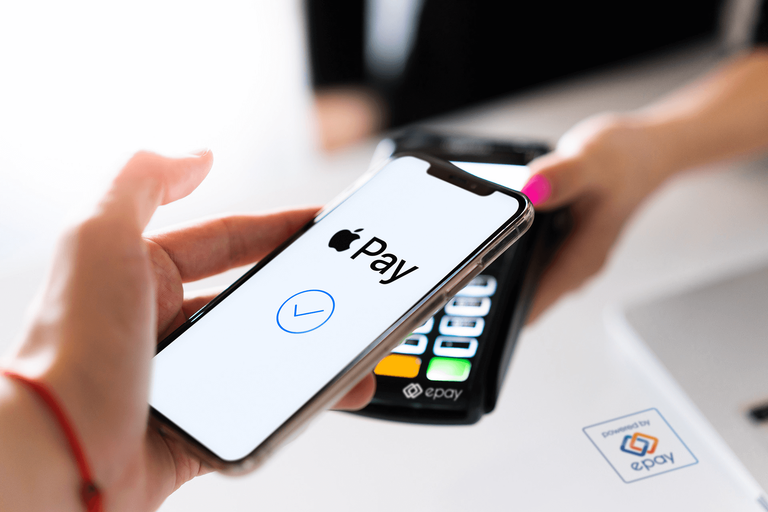ECB Official Urges Apple to Modify Payment Systems for Potential Digital Euro

A senior member of the European Central Bank (ECB) has called on Apple to modify its iPhone payment systems to support a potential digital euro. Piero Cipollone, a member of the ECB's Executive Board, expressed concerns that Apple's current system might not accommodate offline payments for any proposed digital currencies by the ECB. Cipollone communicated these concerns in a letter dated April 19 to EU antitrust chief Margrethe Vestager.
Issues with Apple's Secure Element and NFC Access
Cipollone highlighted that Apple’s proposed system would limit third-party access to the Secure Element (SE), allowing only Host Card Emulation (HCE). The Secure Element is a specialized chip designed for advanced security, functioning as a built-in safe within devices like smartphones and tablets. This limited NFC access on iPhones poses a challenge for integrating a potential digital euro, which requires seamless payment capabilities across all devices.

Concerns Over Fair Competition and User Experience
Cipollone argued that Apple's current proposals fail to ensure fair competition for third-party payment solutions beyond ApplePay, particularly affecting in-store transactions via iPhones. These limitations could hinder the smooth user experience necessary for a digital euro. The EU's antitrust investigation into Apple also does not address the restricted NFC access for various payment scenarios, including peer-to-peer transactions, which are critical for the digital euro’s functionality.
Specific Limitations Highlighted
Cipollone outlined several specific concerns:
- Wearable Devices: Apple Watches are excluded from the in-store payment solution, meaning payments via wearables would always go through ApplePay, not third-party apps.
- Merchant Acceptance: The proposed commitments do not include merchant acceptance, potentially limiting merchants' ability to accept payments from Apple devices other than ApplePay.
- E-commerce Exclusion: Third-party payment apps are excluded from e-commerce scenarios, preventing them from offering a user experience comparable to ApplePay, especially where secure element access is necessary.
- Person-to-Person Payments: These scenarios are entirely excluded, despite their importance for the digital euro as acknowledged in the regulation proposal.

ECB's Push for Open Access to Secure Elements
Cipollone emphasized that the proposed digital euro regulation requires device manufacturers and electronic communication service providers to offer fair, reasonable, and non-discriminatory access to the secure element in their devices. This access should be unrestricted and not reliant on other mobile operating system applications, ensuring user-friendly digital euro payments on mobile devices.
Legislative Preparations for the Digital Euro
The European Commission has recently published draft laws laying the groundwork for a potential digital euro, setting basic criteria and preparing necessary legislation. The ECB initiated a two-year preparatory phase at the end of 2023 to refine regulations, select private sector collaborators, and conduct tests and trials for the digital euro.